Apr 14, 2020
How to Avoid the Personal Loan Trap
Comedian Sara Benincasa gets personal about saying no to easy money.
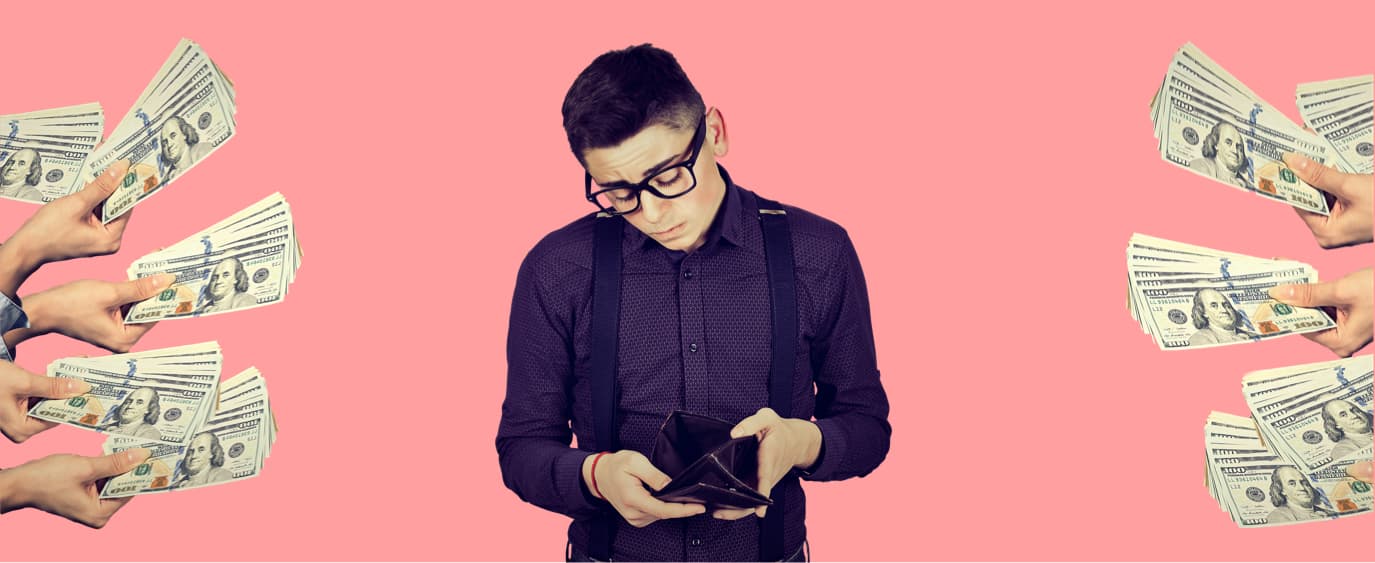
So you’re full up on credit card debt, and you’re freaking out. Maybe your job has been furloughed, if you’ve still got a job. Perhaps you’ve fallen behind on rent. You need money, and you need it fast. An ad pops up—maybe on Instagram, maybe on Facebook, maybe on some website you’re reading in a panic. It’s for a personal loan from a big bank or financial company with a famous brand logo. Surely this must be the solution!
Hold on. Take a deep breath. And before you make any decisions, read the rest of this column. As someone who has taken out a personal loan and paid incredibly high interest, I’d like to help you avoid my own mistakes.
When we use the term “personal loan,” we mean it’s a loan from a bank, credit union, or financial technology company that you pay back in monthly installments over a period of years.
Personal loans defined
That loan isn’t tied to anything other than your need for money. It’s not an auto loan. It’s not a home mortgage. It’s not a payment plan on your fancy spin bike. It’s money sent straight to you with plenty of strings attached—including fees and a fixed monthly payment that you’d better make, and a steep annual percentage rate (APR) that will ensure the bank makes a profit off this exchange.
It’s dangerous to imagine the answer for debt is, well, more debt. And the sudden abundance of personal loans is disturbing. In fact, personal loan balances swelled to $156 billion in 2019, and the number of loans taken out surged to 23 million, from 16 million in 2016, according to this 2019 article from Forbes.
But beyond the idea that you ought not to rack up too much debt, there are other unsavory elements to this booming personal loan business. The APRs on personal loans tend to be higher than you might expect, ranging from 6% to a staggering 36%.
And if you think you need to take out a personal loan, chances are you’ve experienced some money troubles that may have impacted your credit score already. The lower your credit score, or the more credit card debt that you already carry, the higher the likelihood that you’ll only get a personal loan if you agree to an astronomical APR and/or high fees. I once got one for…drumroll please…22.99%.
Yeah. I know. Don’t be like me, at least in that regard.
Here’s a list of reasons why you should do your best to avoid an unsecured personal loan.
You won’t have a tangible piece of collateral
Okay, you know how your auto loan is secured with collateral – your vehicle? Right. You know that if you don’t make your payments, eventually your auto loan company might send somebody to take your car away. That can be a pretty powerful incentive to keep up your payments–or, at the very least, to pick up the phone and negotiate with a representative from said company if you run into financial trouble.
But an unsecured personal loan means you have no physical thing in front of you to remind you to use your funds wisely. Sure, maybe you take it out to pay down some credit card debt…but hey, wait, what’s that shiny new piece of exercise equipment online? Maybe you need an online meditation or educational subscription to some fancy website that overcharges for stuff you could get for free. Or maybe you need to buy gifts for your family – not just necessities, but little things to make them smile. That’s cool, right?
Sure – in theory. But that credit card debt ain’t going anywhere, and neither is your new personal loan debt. And your stress level is about to rise exponentially—like your total debt.
An unsecured loan may worsen your spending habits
If you’re somebody with addictive tendencies, you know that there will never be enough booze, chocolate, sex, gambling apps, or other outlets to satisfy your particular craving.
I am one of you, so I’m speaking from experience. I’ve been in Get Your Money Together school for some time now. I want you to learn from my mistakes. Taking out an unsecured personal loan may feel like a free pass. Take a deep breath, take a walk, and talk to a smart friend or two about this before taking the plunge.
Lenders are not your friend
They’re not. They’re counting on you sticking around forever and ever and ever. After all, that’s how they make their money. By taking out the loan, you’re helping an entity that absolutely does not have your best interests at heart. You’ve got to weigh the pros and cons sincerely before you do it.
You may be ignoring folks who’d be glad to help
Now, it’s generally best to not do business with family and friends. But there are major exceptions. If you can work out a deal in writing with a family member or friend, why not discuss the terms of an interest-free loan? Perhaps you can make payments on a schedule that suits both of you. Or you may be able to help in a different way. Do you have particular skills you could teach a friend’s kid over Skype, FaceTime, Zoom or Google Hangout? Can you take care of some landscaping or errands for a pal?
It’s a rough time for many of us financially, but we will get through it. Please avail yourself of stress relief resources, including free online yoga and meditation. (Try Yoga with Adriene.) Check out low-cost and no-cost mental health care providers, or call someone who’s been recommended to you and ask if they’ll work with you on a sliding scale. Of course, everyone’s situation is different, and you need to carefully consider what works best for you.
I know that won’t put money in your pocket, but it may help you pause and lower your fight or flight response before you get into a bad financial deal. I wish I had done the same!
Related articles
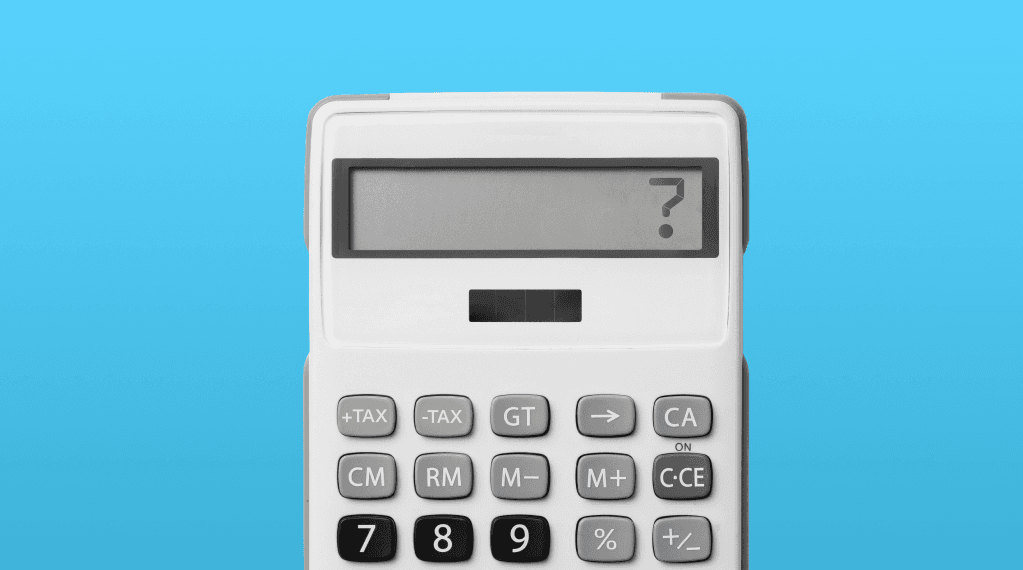
borrowing
Oct 14, 2024
How To Use Personal Loans

borrowing
Oct 07, 2024
Cash Advances vs. Personal Loans: Which is Better?
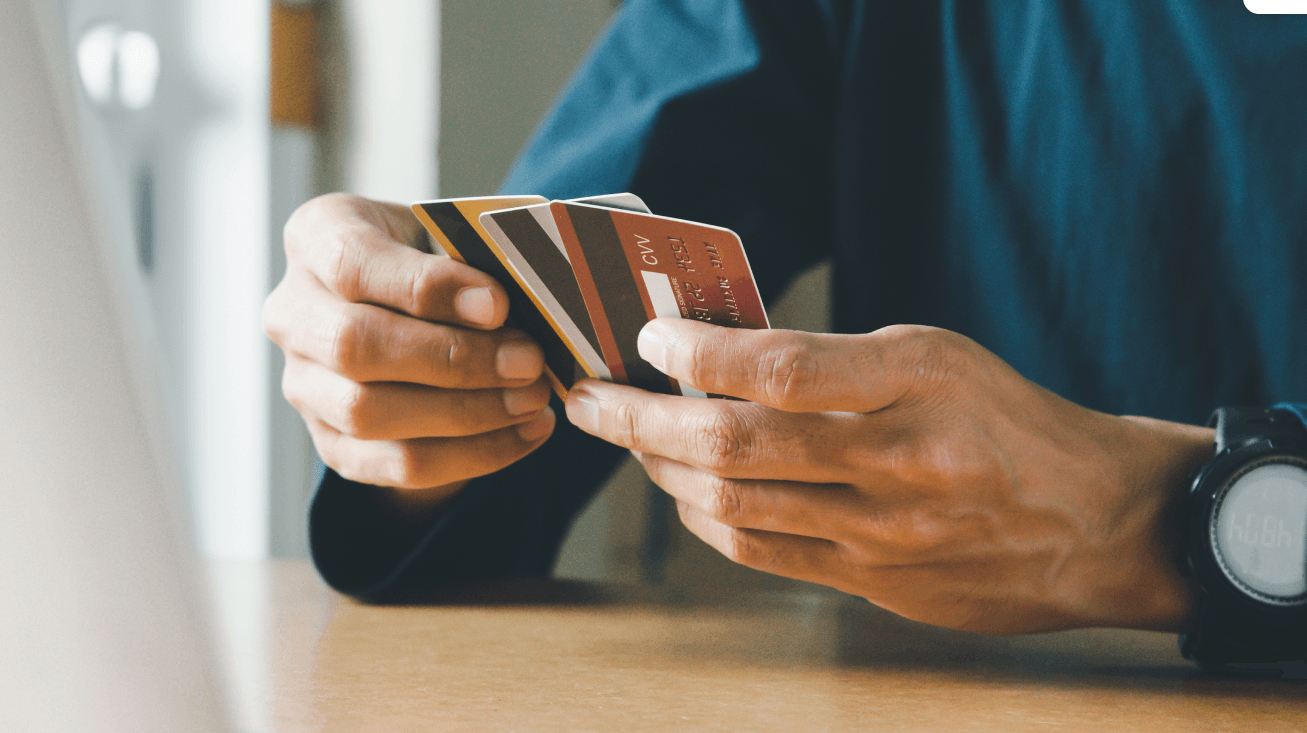
borrowing
Oct 07, 2024
How To Use Cash Advances
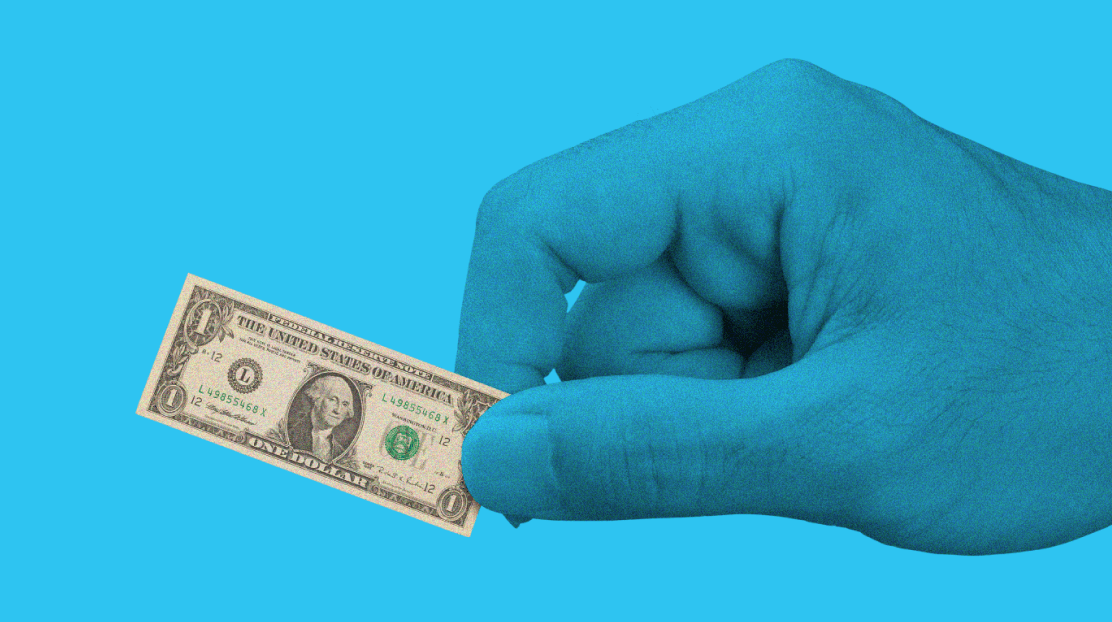
borrowing
Oct 07, 2024
How To Pay Off a Cash Advance Quickly
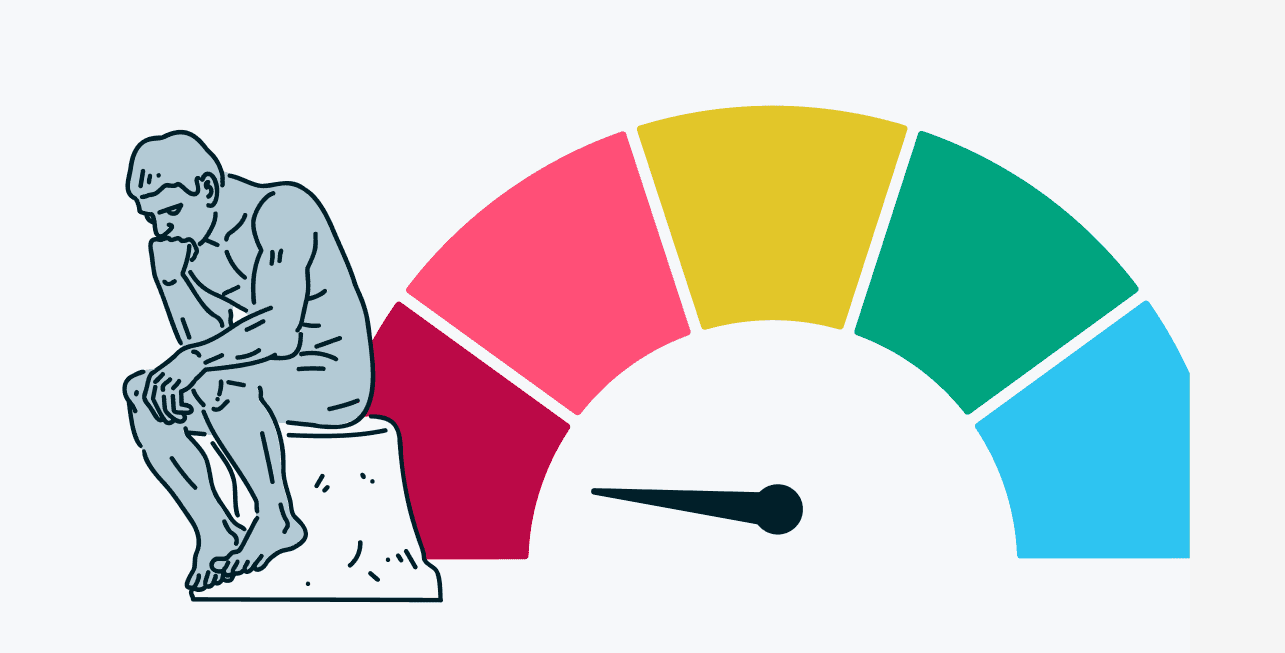
borrowing
Oct 07, 2024
What To Know Before Taking a Cash Advance
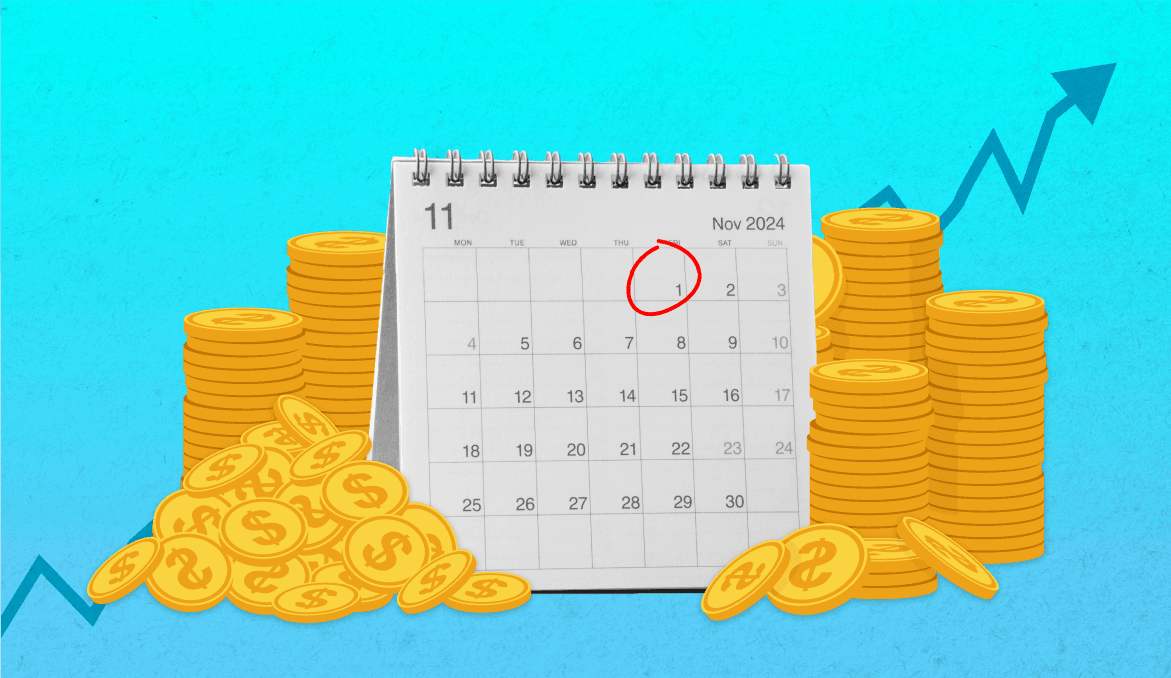
borrowing
Oct 07, 2024
How to Avoid Cash Advance Fees
By using this website you agree to our Terms of Use and Privacy Policy. To begin investing on Stash, you must be approved from an account verification perspective and open a brokerage account.
